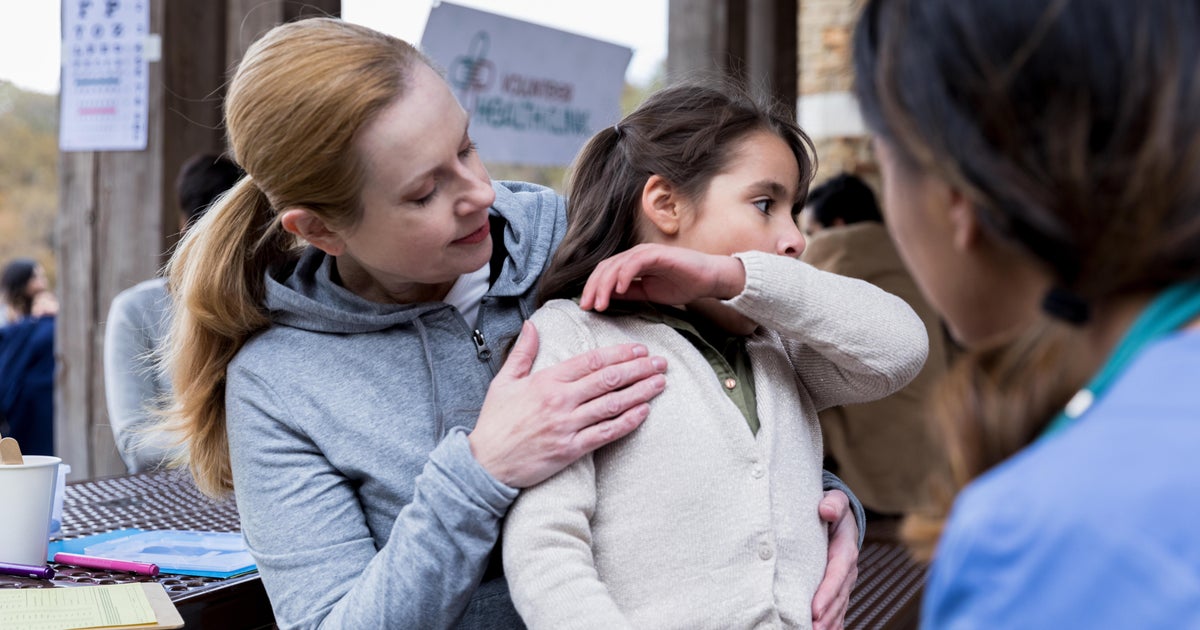Rates of pertussis, commonly known as whooping cough, are experiencing a significant surge in various states across the U.S., including Texas, Florida, California, and Oregon. This alarming trend has raised concerns among public health officials and healthcare providers alike, as the disease, which is highly contagious and can lead to severe complications, particularly in infants and young children, resurfaces in regions that have historically seen low incidence rates. Pertussis is characterized by severe coughing fits that can be so intense they result in difficulty breathing, vomiting, and exhaustion. The disease can be particularly dangerous for vulnerable populations, including infants who are too young to be fully vaccinated. The recent uptick in cases signals a need for increased awareness and proactive measures to combat the spread of this preventable illness.
One of the primary factors contributing to the rise in pertussis cases is a decline in vaccination rates. Public health experts have noted a troubling trend of vaccine hesitancy, which has been exacerbated by misinformation and growing skepticism about vaccine safety and efficacy. Parents opting out of vaccinating their children may believe they are making a safe choice, but this decision has significant implications for community health. Vaccines, such as the DTaP vaccine recommended for children, are crucial in building herd immunity, which helps protect those who cannot be vaccinated due to medical reasons. As vaccination rates drop, the likelihood of outbreaks increases, creating a ripple effect that endangers the health of entire communities.
In response to the recent outbreaks, public health officials are emphasizing the importance of vaccination and are launching campaigns to educate parents about the dangers of whooping cough and the benefits of immunization. These efforts often include outreach programs that target areas with historically low vaccination rates, aiming to dispel myths and provide clear, evidence-based information about the safety and importance of vaccines. Additionally, healthcare providers are encouraged to stay vigilant in identifying cases of pertussis and to report them promptly to local health departments. Early detection is crucial for controlling outbreaks and protecting at-risk populations. By fostering an environment of trust and transparency around vaccines, health authorities hope to encourage more families to vaccinate their children.
The resurgence of pertussis serves as a stark reminder of the importance of maintaining high vaccination coverage rates to prevent the spread of vaccine-preventable diseases. It highlights the need for ongoing public health education and community engagement to restore confidence in vaccines. As the nation grapples with vaccine hesitancy, it is essential to reinforce the value of immunization as a cornerstone of public health. Collaborative efforts among healthcare providers, public health officials, and community organizations will be vital in addressing misinformation and ensuring that all children receive timely vaccinations. By working together, communities can help protect their most vulnerable members and significantly reduce the incidence of whooping cough and other vaccine-preventable illnesses.
Whooping cough cases surge amid falling vaccination rates, waning immunity - CBS News

